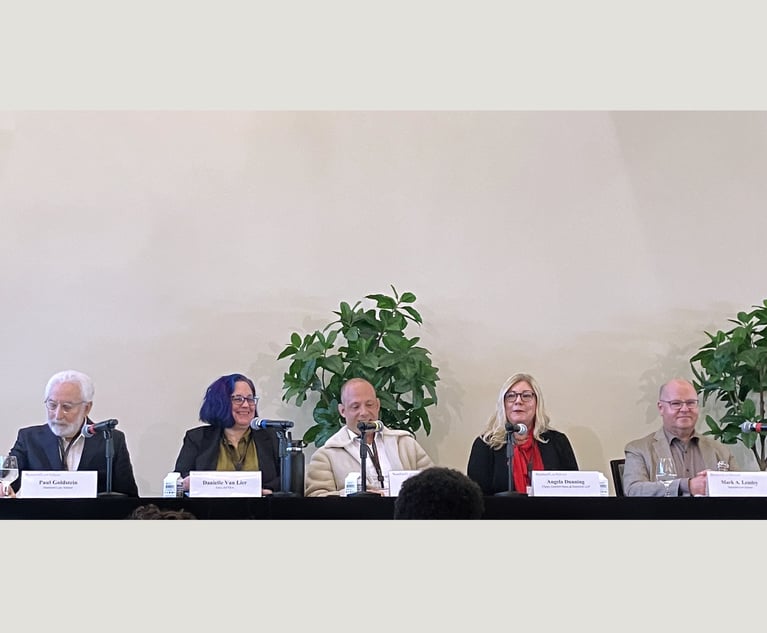The U.S. Supreme Court may find itself dabbling in the law of unintended consequences if it reverses a lower court ruling. In Booking.com v. United States Patent and Trademark Office, the U.S. Court of Appeals for the Fourth Circuit found that Booking.com was a descriptive mark recognizable by consumers as a brand, opening the door to the possibility that otherwise generic terms can be trademarked alongside top-level domains like .com or .law. But reserving that decision—or leaving it intact—is not without certain risks.
For starters, the U.S. Patent and Trademark Office has argued that allowing generic marks to be registered would discourage similar services from using very common descriptors such as ”booking” in their domain names. However, removing trademark protections from entities like lodging reservations site Booking.com could also potentially make it harder for companies to push back against cybersquatting or typo squatting.








